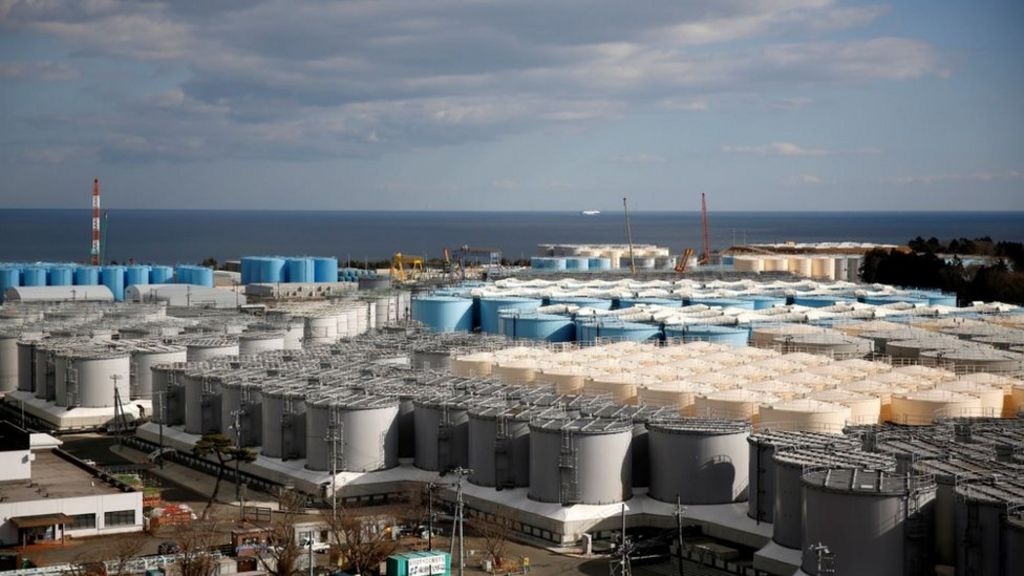Japan to release Fukushima water into the sea in 2 years
Japan's government declared on Tuesday to release a gazillion tonnes of energetic water from the destroyed Fukushima nuclear plant into the sea. Intent on it poses no safety concerns despite opposition from local fishermen and neighboring countries. The water release is necessary with the multiplex to neutralize the plant after it was destroyed by a 2011 earthquake and tsunami which is alike strained water routinely released from nuclear plants around the world.
Work to release the water into the Pacific Ocean will begin in about two years, giving plant operator Tokyo Electric Power time to begin filtering the water to remove harmful isotopes, build infrastructure and acquire regulatory approval.
The commitment comes about three months towards the front of the postponed Tokyo Olympic Games, with some events to be held as close as 60 km (35 miles) from the wrecked plant. Former Japanese Minister Shinzo Abe in 2013 guaranteed the International Olympics Committee in fling for the games that Fukushima “will never do any damage to Tokyo.”
According to the government, the water will remove dangerous standards for drinking water, in a performance to be overseen by the International Atomic Energy Agency (IAEA). The plan to release the water has infuriated Fukushima’s fishing community, only now getting back on its feet after the nuclear disaster and subsequent contamination. Moreover, the industry fears that if the water is safe, still its pour will weaken the region’s produce.
In a statement Hiroshi Kishi, the president of JF Zengyoren, the nationwide federation of Japanese fisheries cooperatives said, “Seeing this decision being made is completely outrageous and it is something we absolutely cannot accept. We will strongly protest”.
In the proclamation of residents, fisheries officials, and environmental groups criticize denouncing the decision as ignoring environmental safety and health, and further hurting Fukushima’s image and economy.
The Tokyo Electric Power Co known as Tepco has built massive tanks on the site to store the accumulating water after treatment. The tanks have a storage capacity of 1.37 million metric tons and are expected to be filled up late next year, according to the company.




The Brief. Sign up to receive the top stories you need to know right now.